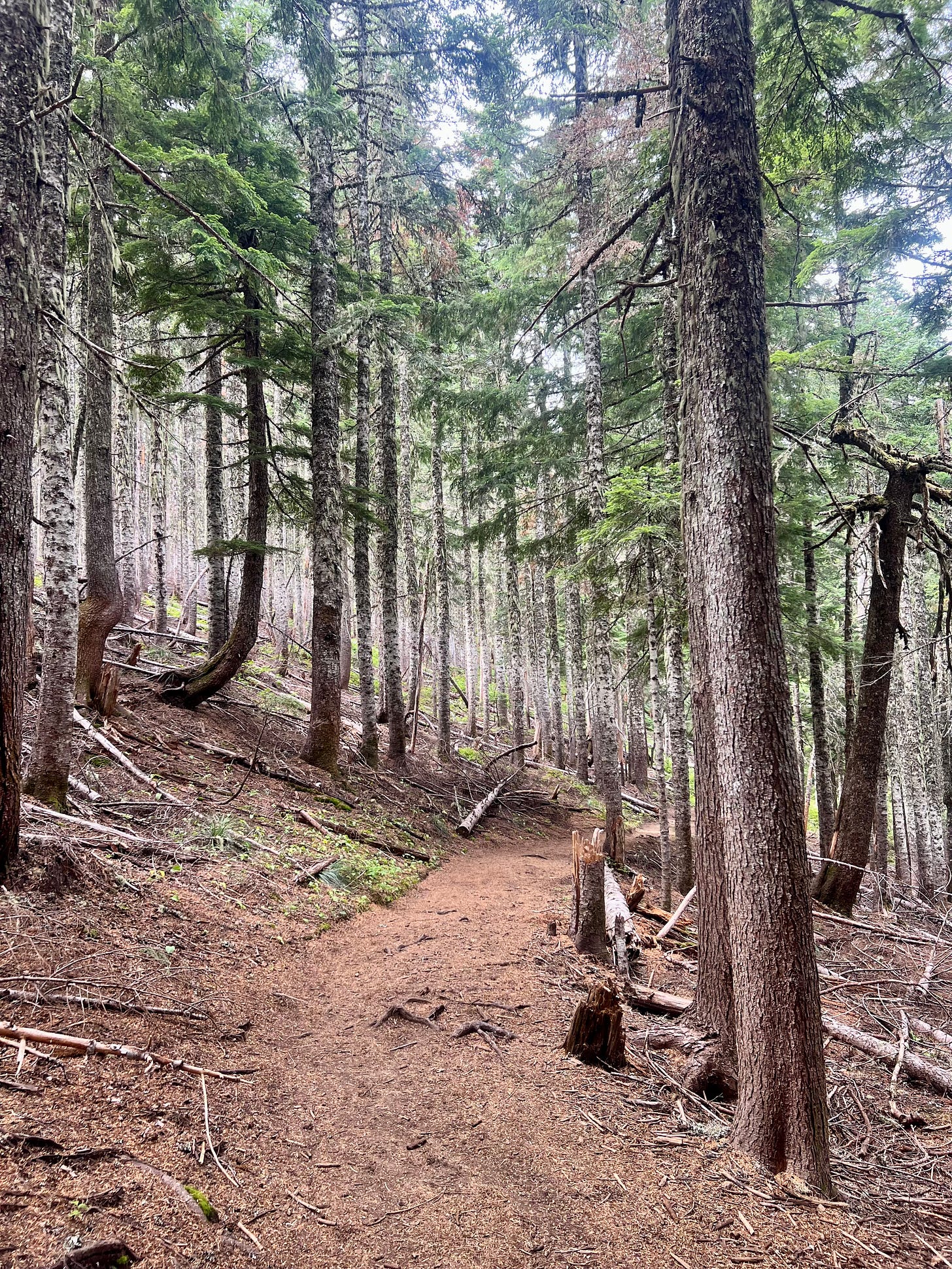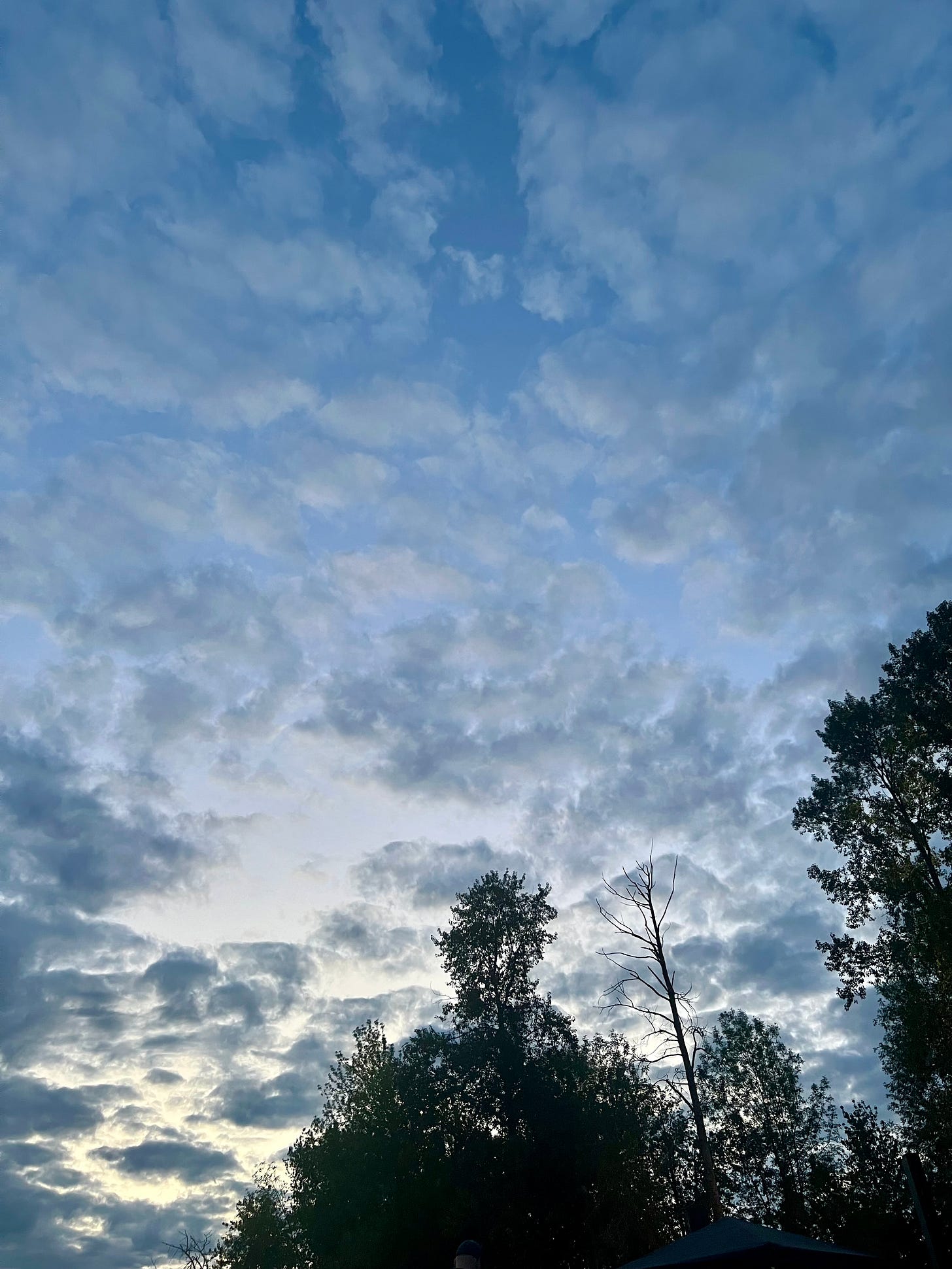Hello everyone,
After finishing Emma Cline’s “The Guest” last week (also, wow lots of thoughts people have about the end! Keep the theories coming), I started reading Jake Silverstein’s “Nothing Happened and Then It Did,” which so far feels like a Joan Didion-style mix of personal reportage and rumination on the American West, and of Texas specifically. Very much up my alley.
I picked it up earlier this summer at The Strand kiosk on Fifth Avenue, which I pass every week on my walk to therapy. Inevitably I impulse-buy at least one book, likely four. Jake is the EIC of The New York Times Magazine, but was the editor of Texas Monthly at the time the book was published in 2011. (Side comment: someone once visiting my apartment asked me why I subscribed to the print edition of Texas Monthly, sitting on my table, since I neither lived in nor grew up in Texas. The answer, for me, is that the tales in TM are so wonderfully adventurous and colorful that anyone living anywhere can appreciate them. Same goes for a lot of local journalism.)
So! I’m reading the first chapter and a passage jumped out at me. Last week I wrote about the isolation of being a writer, but to be a journalist is to be both toiling in solitude and also curious about the world. Here’s the passage:
“My plan was to become a journalist. It was not my first plan. My previous plan had been to become a poet, but several years into this plan I had begun to feel that I was spending too much time sitting alone with a pad of paper, and not enough time in the world. Journalism, though I had no experience in it, seemed like a good way to be in the world. I had read a book in which a journalist was described as a ‘roving eyeball looking for truth,’ and this had appealed to me.”
I love this. I too turned to journalism after working a “desk job” to become a roving eyeball (I realize this path is not for everyone, but humans are social and I believe we all want to work with other people in some capacity). I think of journalism as having two parts — the reporting and the writing. The former typically draws journalists to become journalists and the latter is a necessary aspect of storytelling. Some journalists hate writing, but all love to report. I personally like both. The two work in conjunction and taunt me with different challenges. The frustration can be real — to put it mildly — but then I’ll have a breakthrough and the torture all seems worth it (this is not unlike training a puppy).
Last week I went to a country concert on a farm (how Oregon) with a friend who’s writing a book. She’s deep in the manuscript / deadline phase, a stressful time. The reporting though, she said, had been really fun. She traveled around the world and interviewed a variety of people (I’m getting jealous just writing this). Now she’s desk-bound. Lately I’ve been feeling the same way as her and Jake — itching to get back out in the world. I told a friend earlier this week that I want to figure out my next reporting trip (since it’s just so easy to say, ‘I want to write about this place’ and then be sent there on assignment).
Earlier this year the book editor Paul Golob wrote a guest post on book writing for Writerland, the newsletter by The Delacorte Review, in which he described this writing/reporting conundrum very well: “Many reporters feel out of place in libraries; it strikes them as too much like school. Reporters are also by nature “outdoor” people, whereas being cooped up in a library or archive all day is an “indoor” activity. But if you don’t have the sitzfleisch to spend hours poring over documents, it will be nearly impossible to create a three-dimensional world for your readers to experience.” Zing!
Unfortunately, at some point us reporters have to sit our tuchus in the chair and put pen to paper.
Thanks for being here <3
Britta Lokting
Endnote: Since I already linked to a post on Writerland, my rec this week is to subscribe to the entire newsletter. I’m thinking they might be on a summer hiatus because it typically comes out every Friday and I haven’t received one in my inbox for months (unless I accidentally pressed something. Will investigate). And if you had to look up the German word sitzfleisch like I did, this little essay from March 2020 might help (“I’ve been at home for nearly two weeks.” If only she knew.)
P.S. so many new voice notes on my phone after the last newsletter. Crying.





